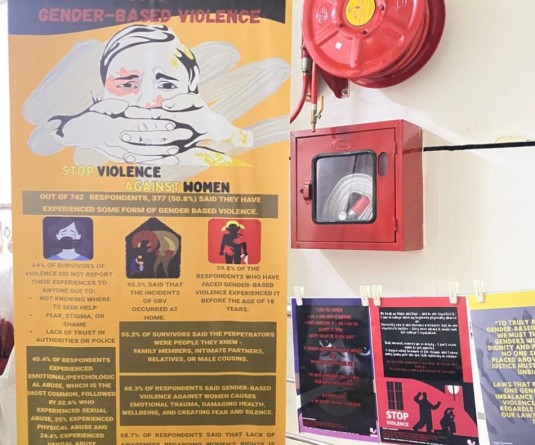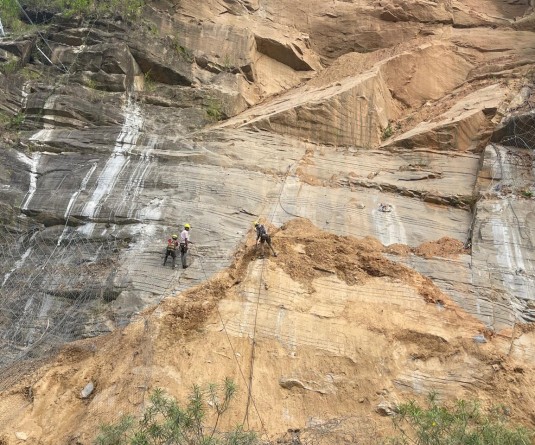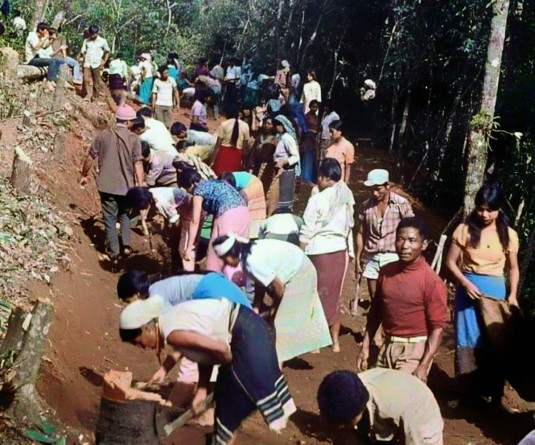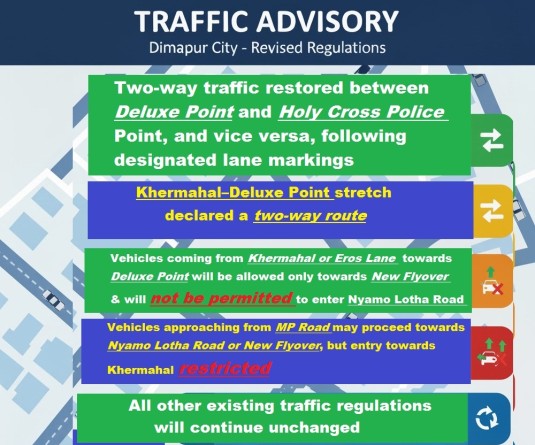
7th phase of ‘Morung: Heart of listening and back to one’s roots’
Morung Express News
Kohima | February 27
“When the philosophy and ideology of a nation is wrong, everything goes wrong. When the foundation and roots are born from a narrow ideology, a people cannot progress,” stated noted Historian Dr. Visier Sanyü Meyasetsu at the 7th phase of ‘Morung: Heart of listening and back to one’s roots’ which was held on February 27 at ASU office Kohima with Dr. Visier as the resource person.
Focusing on the Angami community, the theme for the 7th phase was “Rethinking of a new Angami Identity” where Dr. Visier delivered a critical narrative of the Angami community putting forward the weaknesses, threats as well as strength of the community and the need for the right ideology and philosophy for the community to progress with a broader perspective.
‘How do a nation and a people progress?’ was a question put forward by Dr. Visier while pointing out the very narrow and parochial ideology of the Angamis which is often exclusive. The perpetration of Exclusivism needs to break and pave way for reinvention of the community.
Warning the dangers of Angami fundamentalism and fanaticism, Dr. Visier stated that one of the most dangerous elements in society is when the people start believing in a myth and which is slowly assumed as real.
Dr. Visier further asked the participants on how to break out of the narrowness and suggested the need for a paradigm shift and re-invention of the philosophy of the community.
To bring about the idea of paradigm shift, Dr. Sanyü opened the space for the participants to discuss on the Strength, weaknesses, opportunities and threats of the community. The participants were divided into four groups each focusing on one of the mentioned topics. The strength of the community as put forward by the participants were the topography, natural resources, and geographic significance of the community, the sense of belongingness, the advantage of being the Capital city which also brings commercial advantage, high sense of equality and respect for women and putting the interests of the nation first from its own interest. On the other hand, the weaknesses of the community, according to a group of participants included complacency, hostility and judgmental attitude of the Angamis. Another major drawback of the community is the lack of frankness or the “Kethera” attitude where people fail to speak the truth due to fear of hurting the person’s sentiment. “We speak equality in terms of theory but not in practice.” asserted a lady participant. Some of the threats pointed out were linguistic and cultural threats, the economic threat where lands are recklessly alienated, domination of business structure by outsiders, social threat due to lack of guidance, failure to mobilize the strength of the young, failure to build up the second generation for political stability and the biggest threat is the parochial interest of putting the clan and community first before the interest of the whole nation. Another crucial threat of the community is the religious threat where denomination or a religious sect becomes the identity of a person.
During the course of interaction, Medo Yhokha, President Angami Youth Organisation (AYO) stated that in order to re-invent the philosophy of the people, the community must go back to trace one’s roots and correct the mistakes created. The present generation both young and old must be the catalyst for change, and should not pass the responsibility to the next generation.
Living in the present by glorifying the past, was another drawback of the community as cited by Dr. David Sachü, Sazolie College.
Further criticizing a popular maxim of the Angamis that is “Keviu U ya!” (The best is ours), Dr. Visier reminded the participants on the values and traditions of our ancestors who put others’ interest and needs first before their own interest. Some of the values cited by Dr. Visier were the feast of merit, which was performed by a wealthy person in the village in order to equally share the wealth in his community and to restrain him from becoming greedy. Another example is the significance of hunting in the ancient Angami culture where the hunter hunted for wild animals which was cooked and distributed to neighbours, women and children in his community. The hunting was always performed with a prayer to the Creator where the wild animal is sacrificed to feed the weak in the community.
“We can reinvent our foundation by getting the right motto, the right philosophy and the right ideology. We are all meant to be big enough to have the wisdom to make others better and bigger than us,” concluded Dr. Visier Sanyü.
The year-long project is an initiative by PathFinders which started in September 2015 in collaboration with Angami Students’ Union (ASU). The core idea behind the project is to provide a space for dialogue and debate among young leaders and to provide a positive outlook and approach towards the culture of students’ welfare with constructive and knowledge bank through various creative medium.






